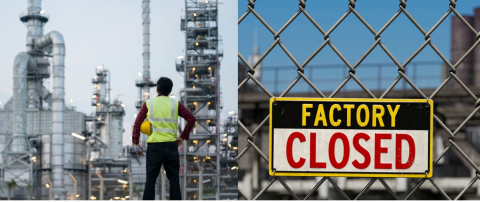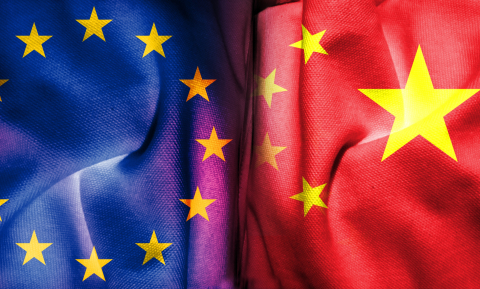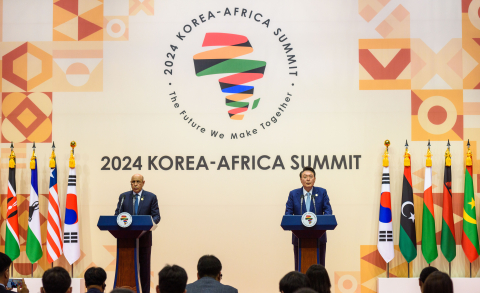3206 publications
Do Companies Get a Say in French Migration Policy Making?
This paper investigates the role given to economic actors in the definition of migration policies in France. In the early 2000s, Nicolas Sarkozy advocated for a policy of “chosen immigration” (“immigration choisie”) whose objective, amongst others, was to attract migrants with skills and expertise needed by the French economy. This policy catered directly to the needs of the business sector, and yet, companies participated only marginally to public debates, and their opinion on the issue is little known.
Russia's Academy of Sciences' Reform: Causes and Consequences for Russian Science
This paper analyzes the origins and causes of the radical reforms undertaken in Russia’s academic sciences sector, which resulted in the fusion of three state academies in 2013.
The European Energy Policy: Building New Perspectives
“After 17 years of supranationality, we are still seeking how to define a common energy policy and what it might be. [...] Could we have done more in one generation? Or were goals only established to achieve a political balance which it was explicitly agreed to ignore, once the machinery began to operate? Historians will have a hard task to distinguish between excessive ambitions and national hypocrisies”.
La réforme du secteur de sécurité, entre bureaucraties et stratégie
The concept of Security Sector Reform (SSR) was developed during the 1990s as a response to several problems chiefly faced by countries in post-conflict transitions: weak new governments; conflicting civil-military relations; ill-defined division of tasks between the armed forces, the police, and the judiciary system; and tension between the requirements to stabilize the country and to establish the rule of law.
Russia: Youth and Politics
Young people are the most politically active and impulsive part of any society.











